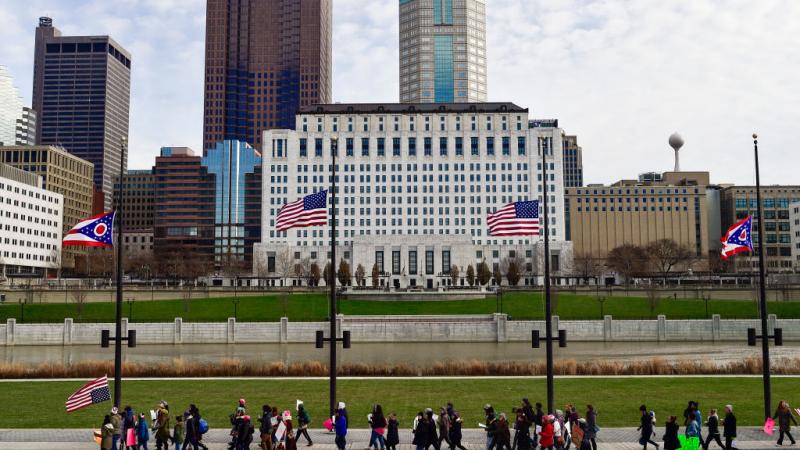Michigan partnership offers ex-criminals hospitality work, helps state with labor shortage
Those who get a job in the HOPES program get follow-up support for a year.
(The Center Square) -
A new program in Michigan is helping with the labor shortage in the state's food service industry while also helping those exiting the justice system secure a job.
The Michigan Restaurant & Lodging Association announced Wednesday it is partnering with the National Restaurant Association Educational Foundation to bring the HOPES, or Hospitality Opportunities for People (re)Entering Society program, to the state.
HOPES is a job-skills program that trains those exiting the justice system for jobs in the restaurant and hospitality industries.
The U.S. Labor Department's Employment and Training Administration awarded NRAEF a $4 million grant to launch HOPES in four states – Delaware, Michigan, Ohio and Texas.
"We are honored to play a role in bringing the HOPES program to communities in Michigan to both create a pathway for justice involved individuals into an industry that can become a lifelong career and provide solutions to restaurants and hotels facing a statewide workforce shortage," MRLA President and CEO Justin Winslow said in a statement.
The unemployment rate for individuals leaving the justice system is five times the national average.
HOPES provides skills training, mentoring, and job placement services to those leaving the justice system so they can re-enter society and build a pathway to financial stability and independence.
Michigan has roughly 30,000 job openings in its hospitality industry, says MRLA Executive Director of Educational Foundation Amanda Smith.
HOPES is partners with departments of Corrections, community-based organizations and state restaurant associations.
Although COVID-19 restrictions are lifted in Michigan, business owners face fierce competition to attract workers.
Republicans blame the labor shortage on boosted $300/week unemployment benefits extended through Sept. 6.
Partner organizations provide case management services and industry-recognized credentials.
HOPES partners with potential employees at participating correctional facilities and after their release. Once a HOPES participant completes training, the applicant will be placed in a restaurant or food service position and receive follow-up support for one year.
















